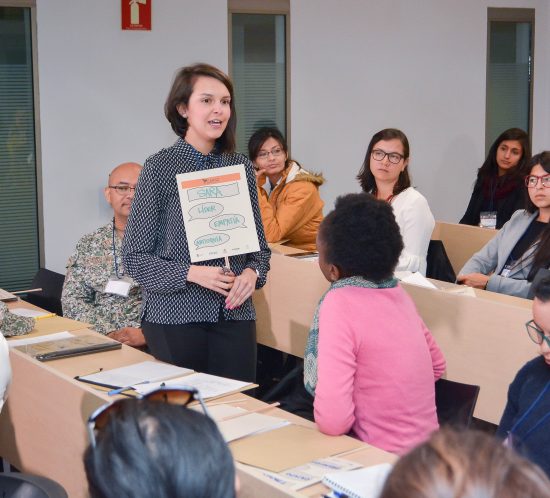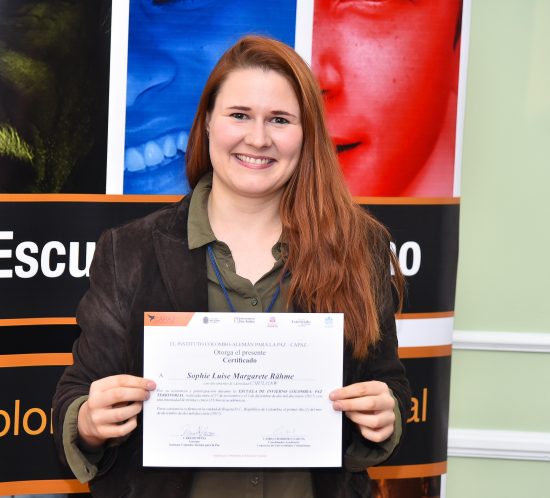Private-sector partnerships and peacebuilding: A non-binding process?
My research is related to the phenomena of private-sector partnerships that promote development and peacebuilding in the region of Valle del Cauca in Colombia. I consider cross-sectoral partnerships as mechanisms to enhance the co-responsibility of organizations and firms. Specifically, I am interested in understanding criteria and rationalities involved in decision making processes, interactions between stakeholders and their commitment to generate regional transformations that face the challenges raised by transitional justice and peacebuilding....








